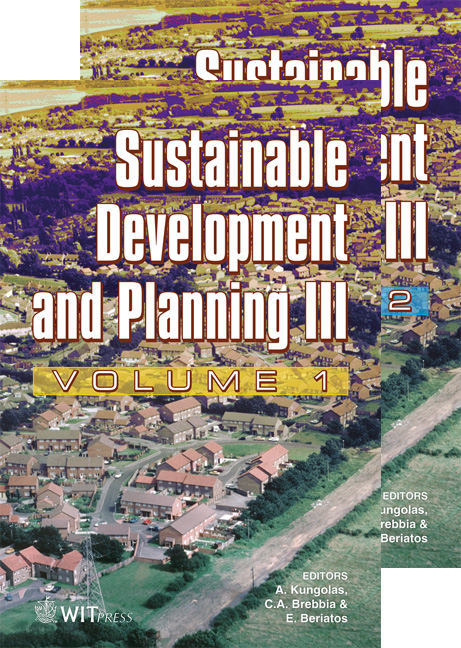Employment Guarantee Scheme For Rural Development A Model Of Maharashtra (India) A Lesson For Developing Countries
Price
Free (open access)
Transaction
Volume
102
Pages
10
Published
2007
Size
312 kb
Paper DOI
10.2495/SDP070672
Copyright
WIT Press
Author(s)
A. M. Ingle
Abstract
The Employment Guarantee Scheme (EGS) of Maharashtra state (India) may be taken as a model of a public works programme. It guarantees employment to the entire rural household willing to do manual unskilled work at minimum wages. If employment cannot be provided the Government is obliged to make payment of unemployment allowance to unemployed persons per day. Moreover this scheme is non-inflationary in nature as all the projects under it are financed out of taxation and State Government contribute to the EGS fund. Recently purchasing power has been transferred from the urban rich (professional taxes, etc.) to the rural poor. The assets created under the scheme are productive and longer lasting leading to the generation of rural employment and income flows in the future, i.e. for rural development. Keywords: Employment Guarantee Scheme, Rural Employment Guarantee Act EGS in Maharashtra, reforms in EGS. 1 Introduction It recent years, Rural public works programmes (RPW) have been used to provide employment for the poor to deal with situations such as famine and drought in rural areas in many developing countries. The objectives of RPW are to provide employment and to create \“public good” such as physical infrastructure development. South Asian countries with large population, high unemployment and poverty such as India, Bangladesh & Pakistan have included employment through RPW at the core of their anti-poverty strategy. RPWs have self-targeting advantage along with equalizing geographic disparity by generating infra-structural assets.
Keywords
Employment Guarantee Scheme, Rural Employment Guarantee Act EGS in Maharashtra, reforms in EGS.





